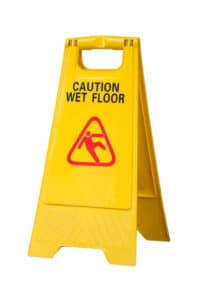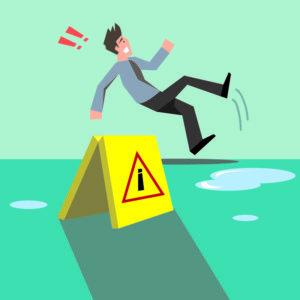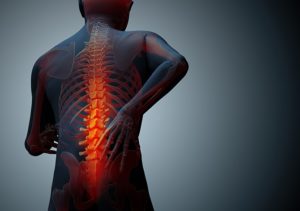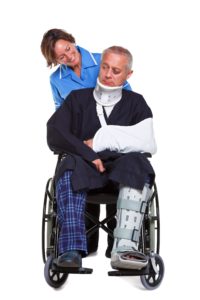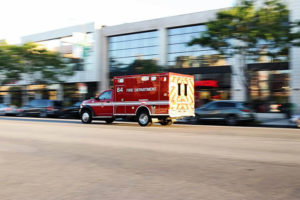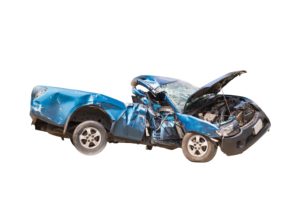Your attorney will give you their best legal advice concerning whether to accept an insurance company’s offer or whether to pursue litigation. If they recommend litigation, a series of activities will begin, which will end in a resolution for you. Litigation is not just going to court to argue a jury trial, but includes many other preceding activities, several of which may lead to a resolution prior to a trial date. Your case may settle at any time during the litigation process up to and including after a trial has begun.
Your lawyer will file a Complaint with the appropriate court with jurisdiction in such matters. All parties being sued will be named in the lawsuit filing. All allegations for negligence against the defendant(s) will be listed, and a request for relief from the court. Once the lawsuit is served against the named parties, a legal team will be assembled to defend against the lawsuit. Chances are in most large insurance company’s the claim is passed to the legal department and to a new team of people who are for the first-time reading allegations included in the suit.
You will also most likely be assigned to a different attorney within the firm, who is a member of our litigation team. Your case manager will also turn files over to the litigation lawyer’s paralegal for trial preparation. The paralegal will become your primary point of contact with the firm going forward, and under the lawyer’s direction will be responsible for case related activities such as preparing for filings, arranging for depositions, responding to questions and requests from the opposing lawyers and staff, up to and including preparing exhibits for trial and assisting the attorney at trial.
What happens during litigation?
Every case is different and may include additional steps, however, some of the more common processes included during the litigation phase include:
1. Discovery
a. Production of Case File Documents
b. Exchange of Case File Documents between opposing lawyers
c. Investigation of relevant new information found in opposing counsel’s Case File Documents
2. Pretrial Motions
3. Deposition of Experts and other Witnesses including attending Medical Providers, Spouse/Significant Other, Witnesses to the accident, First Responders, among others.
4. Independent Medical Examination
5. Arbitration/Mediation
6. Trial Prep
7. Adjudication
8. Settlement
The defendant’s legal team will respond to the Complaint and may additionally file motions with the court as to why the case should be dismissed. Our team will respond to these and all other pre-trial motions and will file motions which will protect your rights to a fair trial.
Discovery/Pretrial Motions
Discovery is when both lawyers gets to read each other’s case files. Any and every document related to the case is copied and shared with the opposing counsel. Both sides will learn more about the case and the opposing side’s information gathered to date. As the new information is learned and both sides understand the evidence, there may be a greater willingness to settle rather than take the case to court. These ongoing settlement discussions may result in a settlement of the case on the spot or continue as the case proceeds.
Discovery also is the process of verifying claims made in the Complaint. Insurance company legal teams will be deploying private investigators to interview neighbors, colleagues, friends, family. This is also when social media is scoured for contradicting evidence in your case as we’ve discussed previously .
Pretrial Motions are also common in this early period of the case. As Discovery continues, your lawyer will both file counter motions to the defense’s motions, and also pro-actively file motions with the court in support of your case throughout the pre-trial period. As a motion is filed with the court, the other side will respond. After reviewing the arguments, the court will decide which motions the court will accept and which will be denied.
Depositions
Depositions are sworn statements given in answer to questions asked by lawyers for both sides. They usually take place in a conference room, some are video recorded, all are audio recorded. Witnesses may be questioned, and cross examined in the presence of a court reporter who is transcribing the testimony. This transcribed testimony will be considered sworn testimony at trial. Depositions are scheduled at times and locations agreeable to all parties. First responders such as police officers, EMT’s, Medical Providers and others who have participated in the care of the injured party, as well as witnesses to the accident, spouses and domestic partners and other relevant parties may be asked to go on record in a deposition.
Independent Medical Examination
Opposing counsel may request that an independent medical provider examine you to confirm injury occurrence, diagnoses and treatment. Your attorney will respond to such requests and may agree to a third-party examination under conditions set by your attorney. An examining doctor will be selected on mutual consent of both parties. Your lawyer will inform you if such an exam is required.
The Richard Harris Law Firm litigates Auto Accident Cases
All of the activities described above are considered a part of litigating a case. As soon as the Complaint is filed, we’re litigating. We’ll cover some important steps in litigation in more detail in the next few posts. You’ll possibly be given multiple opportunities to settle the case during this process, and your lawyer will advise you if arbitration or mediation may be beneficial to your case. More details on that subject in Part 12. If you were injured in an auto accident caused by the other driver, we are interested in representing you. Call our office today to discuss your potential case at (702) 444-4444.
Learn More:




















